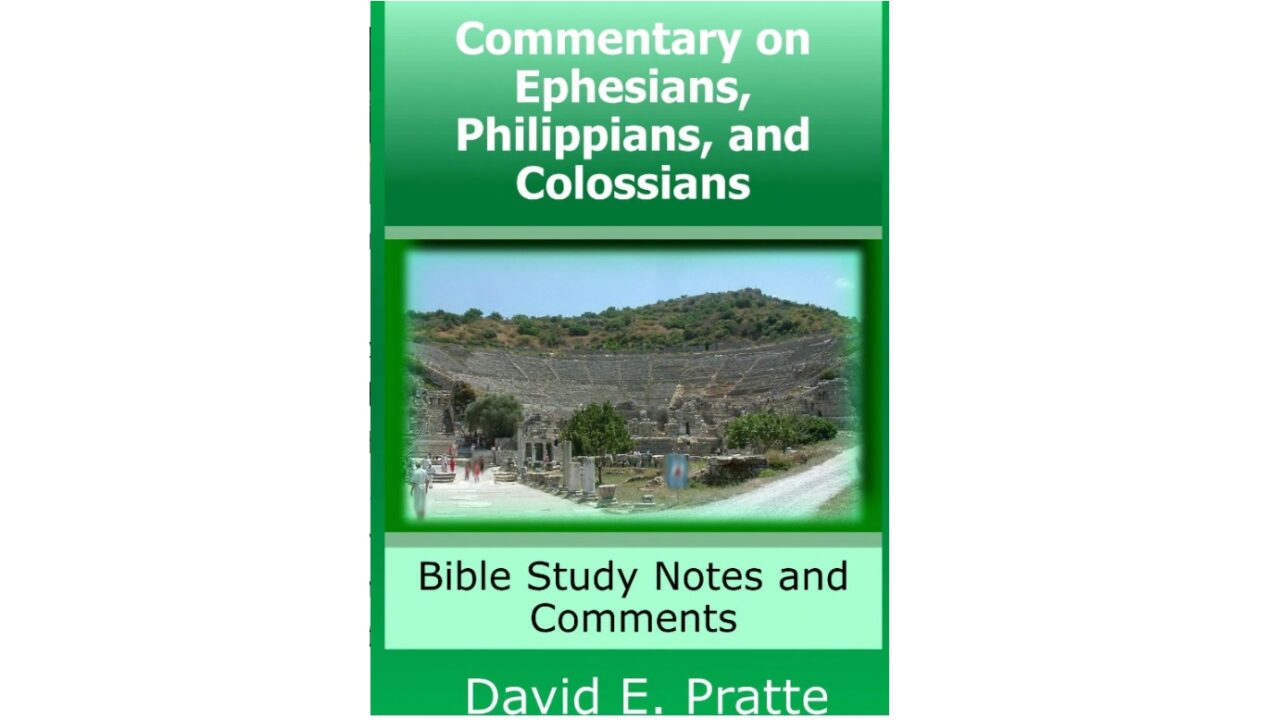Commentary on Ephesians, Philippians, and Colossians Bible Study Notes and Comments By David Pratte · 2019
The phrase “festival or a new moon or sabbaths” individually identifies the annual, monthly, and weekly observances of the Old Testament. This is clear because exactly parallel language was used repeatedly in the Old Testament. See 1 Chronicles 23:31; 2 Chronicles 2:4; 8:13; 31:3; Nehemiah 10:33; Ezekiel 45:17.
Some attempt to bind the seventh-day Sabbath today and judge us for not keeping it, in clear violation of this passage. They attempt to justify their view, despite this passage, by claiming that the “sabbaths” of Colossians 2:16 refer to the annual days of rest, not to the seventh-day, weekly Sabbath. But the above evidence proves that “sabbaths” here must refer to the seventh day, for it is clearly distinguished from and listed in addition to the annual festivals, just as in the parallel Old Testament passages.
Some further try to argue that this verse cannot refer to the seventh-day Sabbath because the original word is plural (“sabbaths” — see NKJV). But a plural form of the word is also used in numerous passages, where it clearly refers to the seventh day. This includes the following passages which sabbatarians all agree refer to the seventh day: Exodus 31:13; Luke 4:16; Acts 13:14: 16:13. In Matthew 12:1-14 and Luke 13:10-17, singular and plural forms are used interchangeably, clearly referring to the seventh-day. Further, the Greek LXX in the 10 Commands in Exodus 20:8 and Deuteronomy 5:12 uses exactly the same plural form as in Colossians 2:16!
The word used here for “sabbath” (sabbaton) is used 59 times (singular or plural) in the Greek New Testament. Can anyone name any instance where it does not at least include the seventh day? (Note that Hebrews 4:9 uses a different Greek word, which is why it is often not translated “sabbath,” but simply “rest.”) So “sabbath(s)” is often used in the plural to refer to the seventh day, apparently emphasizing the fact that the day came week after week, and the day was to be remembered every week.




